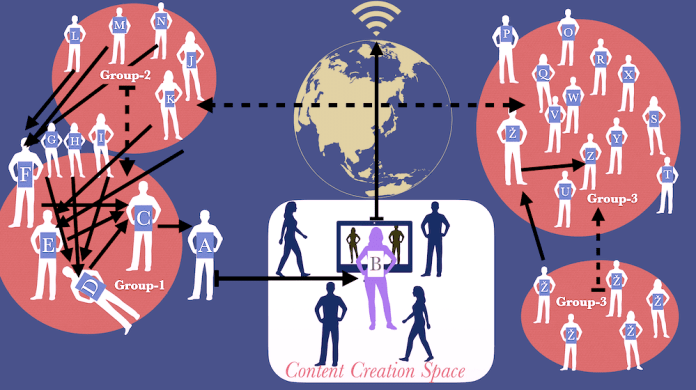The usage of the word ‘troll’ dates back to the 17th century and comes from the old North Germanic dialect. The word’s meaning is “giant’ or “demon,” and it made its entry into the modern popular culture through folklores and children’s books. Back in the day, in contemporary societies, the word was used for someone who was defined as anti-social, dumb-witted, and aggressive, having physical features that make them stand out from the crowd.
This word made its entry into the internet world in the 1980s and received its first attestation by the Oxford English dictionary in 1992. Today, people who aggressively try to criticize another person’s content or comments are called “internet trolls.” Internet trolls can really damage your self-esteem, and it has also become an added responsibility for parents.
Theories of trolling
There has been significant research on this topic, and a lot is ongoing. One experimental multi-ethnic study by John Maltby et al. found that five factors strongly influence people to troll another person on the internet: the need to seek the attention of others, vicious intentions, low self-esteem, poor education, and amusement. However, in my opinion, the poor-education factor does not hold any meaning in today’s technically equipped world.
Another study, this time by Patrick Connolly, discussed how trolling had become a seamless and accepted part of the internet. This normalization has led us to a place where nastiness and bullying behaviors are not held accountable. Connolly suggests that instead of seeing this phenomenon as “mere trolling,” one can draw parallels between the similar structures of trolling and various acts of speech.

According to this study, if people view trolling as an act that needs to be corrected, then we may not face the “trolling dilemma.” Connolly defines the dilemma as the reciprocatory act that the receiver is borne to perform on the internet. The receiver or the victim of online trolling will now be in a fix to either completely ignore the comment, come up with a good reply, or dismiss it playfully.
Supermassive chain reaction
One of the best theories that explain the repercussions of trolling comes from the cartoon series South Park. In one episode, “The End of Serialization as We Know It,” the theory is explained through “Trevor’s Axiom.” This theory is known in the cartoon’s universe and shows how trolling could create a massive chain reaction on the internet. The reaction is hurtful, demeaning, and repetitive.
Let us say that there is a content creation space on the internet that just released its new video. Let’s call the main person behind the space ‘B’ and a troll ‘A.’ According to Trevor’s Axiom, when A trolls B, they do it to seek a response from the community. It is not at all about B.
Now their comment sparks enthusiasm in another person called ‘C.’ So, C makes sure that their comment, which is an over-reaction, invokes another a response from the person say ‘D’ and then ‘E’ and ‘F.’ Assuming that D, E, and F are not trollers, the reaction from them is meant to rip C’s response into pieces. As time progresses, more people will participate in trolling the response of initial trollers.
Welcome to Trevor's Axiom. pic.twitter.com/GQgYlHmMIx
— Los Pollos Hermanos Employee Of The Month (@Golemoftheskies) October 27, 2020
It does not matter what spheres these people belong to. The war is not necessarily with the creator. It is a chain reaction that will ultimately lead to the annihilation of humanity, according to the theory.
Conclusion
Whether you consider yourself a content moderator or another type of social media expert, or not, as soon as one recognizes and can differentiate between a healthy criticism or an act of trolling, necessary steps can be taken. Blocking and reporting abuse is the foremost step that could be helpful in such situations. Growing a thick skin against the trolls is also another way to keep your mind in harmony. It is also important to know the context behind this miscreant behavior that exists not only online but also on the ground.
It will also be helpful if the content creators do not urge people to subscribe to their services. Let people decide who they like. The focus must be laid on the quality of the content and the sellable capacity. These steps are just ideas to make your workspace clean and heavily focused on the content’s quality. But it is also important to consider becoming a more resilient society against trolling.
YouTube: Trevor’s Axiom
Photo credits: The feature image has been taken by Clint Patterson. The infographic has been done by the author for TechAcute.
Sources: Sheffield Hallam University / Wiley Online Library / South Park Studios
